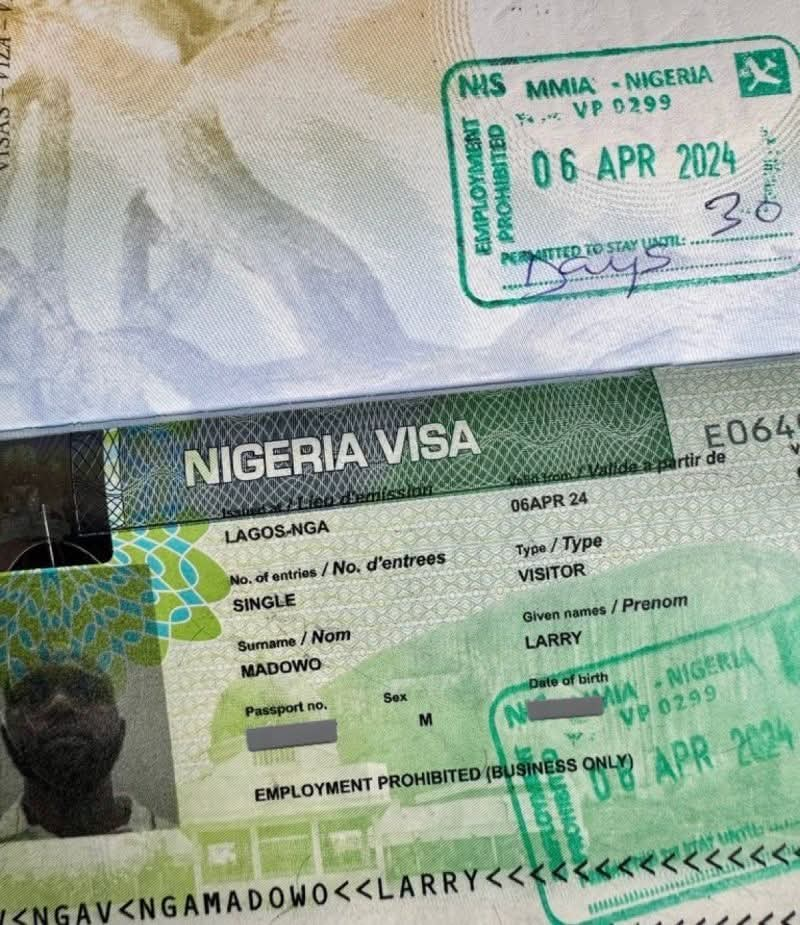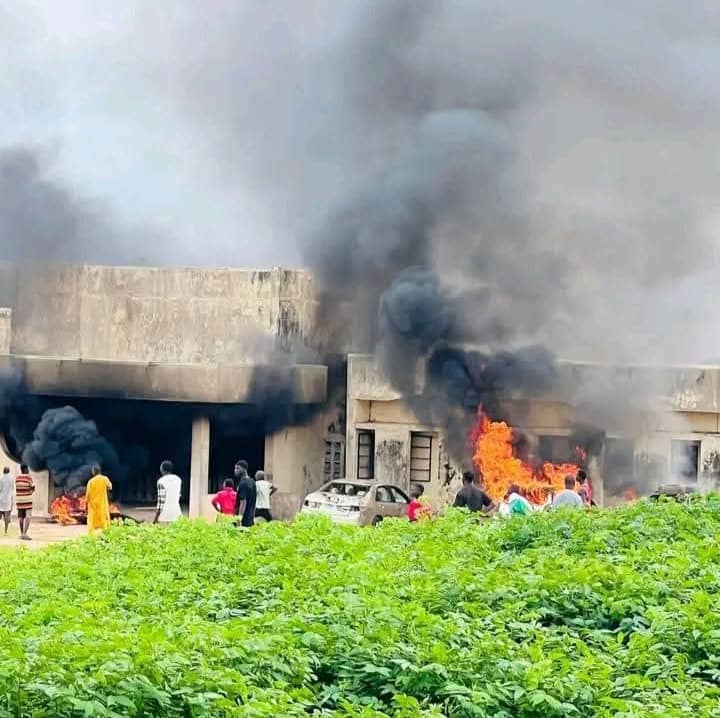The Federal Government of Nigeria has announced the launch of an online immigration amnesty portal starting in July 2025. The initiative is aimed at providing an opportunity for foreigners who have overstayed their visas to regularize their immigration status before the enforcement of stricter penalties set to begin on August 1.
This development was disclosed by the Minister of Interior, Olubunmi Tunji-Ojo, during an official statement outlining the government’s renewed approach to immigration control. The amnesty portal is designed as a proactive solution to address the widespread issue of visa overstays and to promote compliance with immigration laws in a more orderly and transparent manner.
According to the Ministry, the platform will allow affected individuals to submit their personal information and relevant travel documents online. Upon review, those eligible will be given the opportunity to adjust their status without facing immediate punitive measures. The amnesty is considered a one-time measure and will not be extended beyond the July deadline.
From August 1, all foreigners who remain in the country without valid documentation or who have not utilized the amnesty window will face stringent penalties. These measures include fines, possible detention, and deportation, depending on the severity and duration of the violation. The Nigerian Immigration Service has been tasked with enforcing these penalties under revised immigration protocols.
Minister Tunji-Ojo emphasized that the amnesty portal is part of a broader effort to digitize and reform immigration processes across the country. The initiative reflects the government’s push to improve border control, national security, and proper documentation of foreign nationals residing in Nigeria.
He also stated that the move aligns with President Bola Tinubu’s vision of a modern and secure immigration framework, noting that effective management of foreign entries and stays is vital for national planning and security.
Overstaying a visa has been a persistent challenge in Nigeria’s immigration system. Many foreign nationals, particularly from neighboring African countries and parts of Asia, have historically remained in the country after their legal entry permits expired. Authorities say this has contributed to undocumented populations and complications in the administration of public services.
The Nigerian Immigration Service has reported increasing incidents of visa violations in recent years, citing both ignorance of immigration laws and bureaucratic delays as contributing factors. The new portal is expected to reduce these issues by streamlining the application process and allowing greater accessibility for users.
Foreign embassies and consulates have been notified of the amnesty period, and the Ministry of Interior is working with diplomatic missions to ensure widespread awareness among foreign communities. Information campaigns are also being planned in multiple languages to inform affected individuals of the new process and deadlines.
The government has clarified that this amnesty does not apply to individuals who entered the country illegally or those involved in criminal activities. It is solely for foreigners who entered legally but failed to depart before the expiration of their visas.
Officials are urging all eligible individuals to act promptly and take advantage of the amnesty period before enforcement begins in August. The Ministry has warned that once the deadline passes, there will be no leniency, and those in violation will be subject to full legal consequences as stipulated in Nigeria’s Immigration Act.
The portal is expected to go live within the first week of July, and technical preparations are currently underway to ensure it operates efficiently. The Ministry has said it will release further details, including application procedures and required documentation, before the official launch date.
This amnesty initiative marks a significant shift in Nigeria’s immigration enforcement strategy, focusing on compliance through digital infrastructure and public cooperation. The government believes that creating an accessible and transparent mechanism for foreigners to legalize their status will support long-term national development and security objectives.





